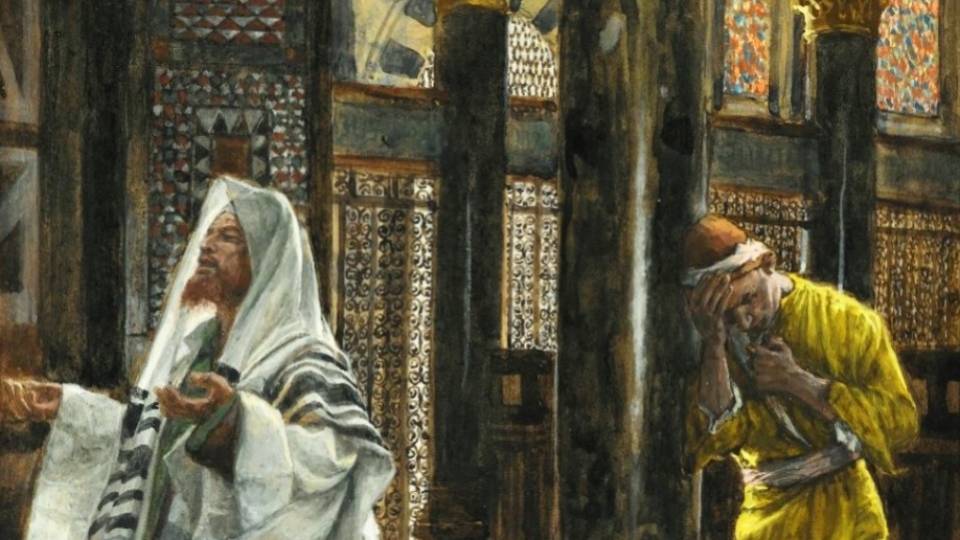When I discuss the Sabbath with antisabbatarians, one of their frequent responses is to claim that the Sabbath was created by the Fourth Commandment, which, they assert, means that it ended with the abrogation of the ceremonial law at the completion of the cross work of Jesus.
First, let me say that I agree that the ceremonial law was abrogated exactly because it was completed in the coming, life, death, resurrection, and ascension of Jesus. However, no, the Sabbath was not part of the ceremonial law. Nor did it begin with the giving of the Fourth Commandment. Were murder, adultery, or thievery merely ceremonial prohibitions because they were framed in commandments? I hope that no one would say so.
In response to that assertion, I say that, even if that abrogation applied to any of the commandments, it would not apply to the Sabbath, because, contrary to the assertion of the antisabbatarian, it was not created by the Fourth Commandment. God initiated the Sabbath day in Genesis 2:2-3, when He rested from creation work: "On the seventh day God finished His work that He had done, and He rested on the seventh day from all His work that He had done. So God blessed the seventh day and made it holy, because on it God rested from all His work that He had done in creation." In response, I usually get something like, "But that doesn't say Sabbath; it was a onetime thing."
Really?
That response shows that the antisabbatarian has rarely made any effort to to study the matter. Rather, he is just repeating slogans that he has been given to dismiss the discussion.
We find this in Exodus 31:13-17: "You are to speak to the people of Israel and say, 'Above all, you shall keep My Sabbaths, for this is a sign between Me and you throughout your generations, that you may know that I, the Lord, sanctify you. You shall keep the Sabbath, because it is holy for you. Everyone who profanes it shall be put to death. Whoever does any work on it, that soul shall be cut off from among his people. Six days shall work be done, but the seventh day is a Sabbath of solemn rest, holy to the Lord. Whoever does any work on the Sabbath day shall be put to death. Therefore, the people of Israel shall keep the Sabbath, observing the Sabbath throughout their generations, as a covenant forever. It is a sign forever between Me and the people of Israel that in six days the Lord made the heaven and earth, and on the seventh day He rested and was refreshed.'"
God Himself explicitly ties the continuing Sabbath to His rest from the six days of creation.


